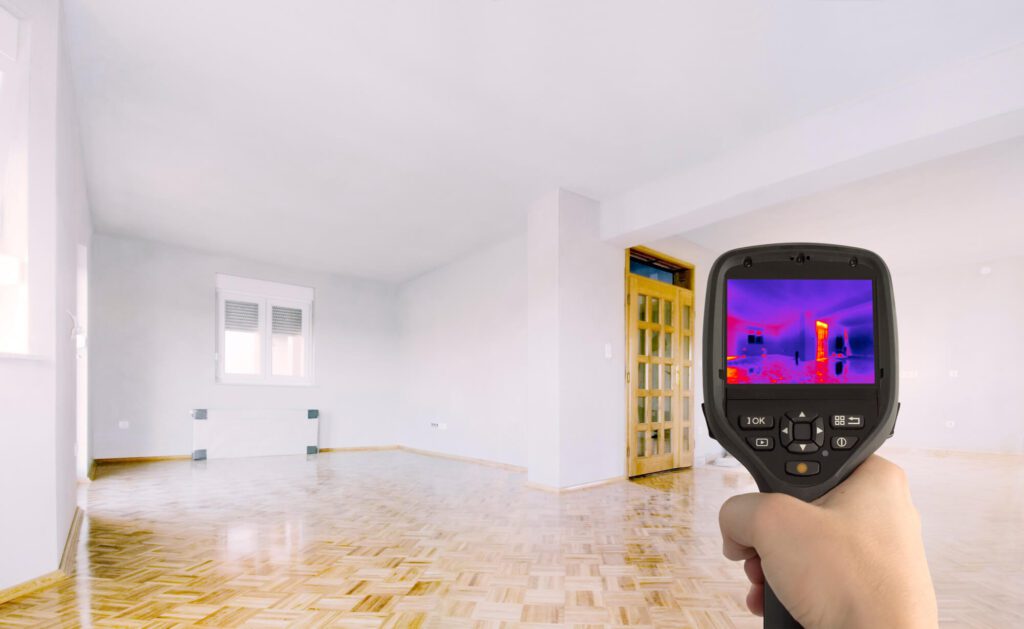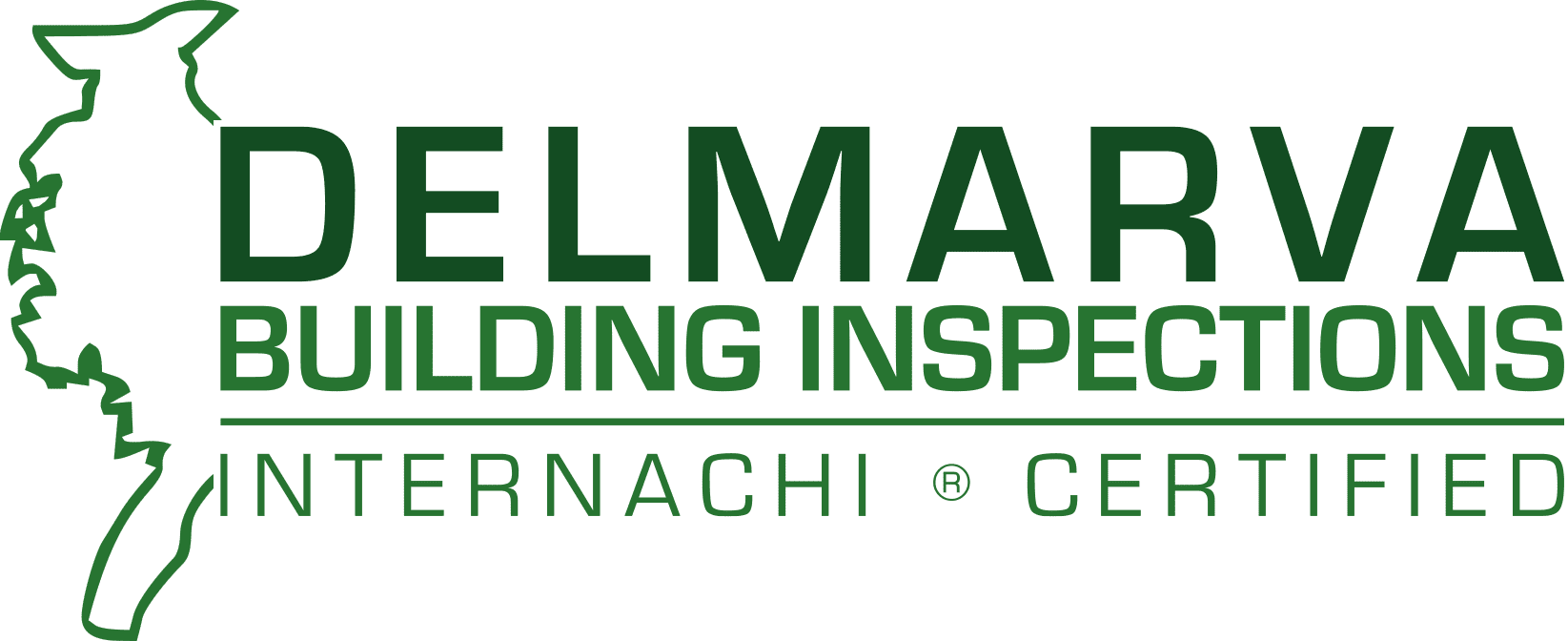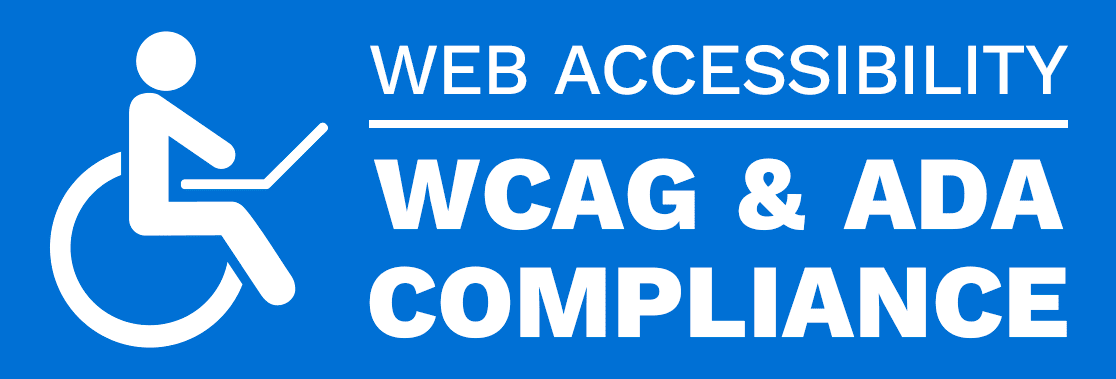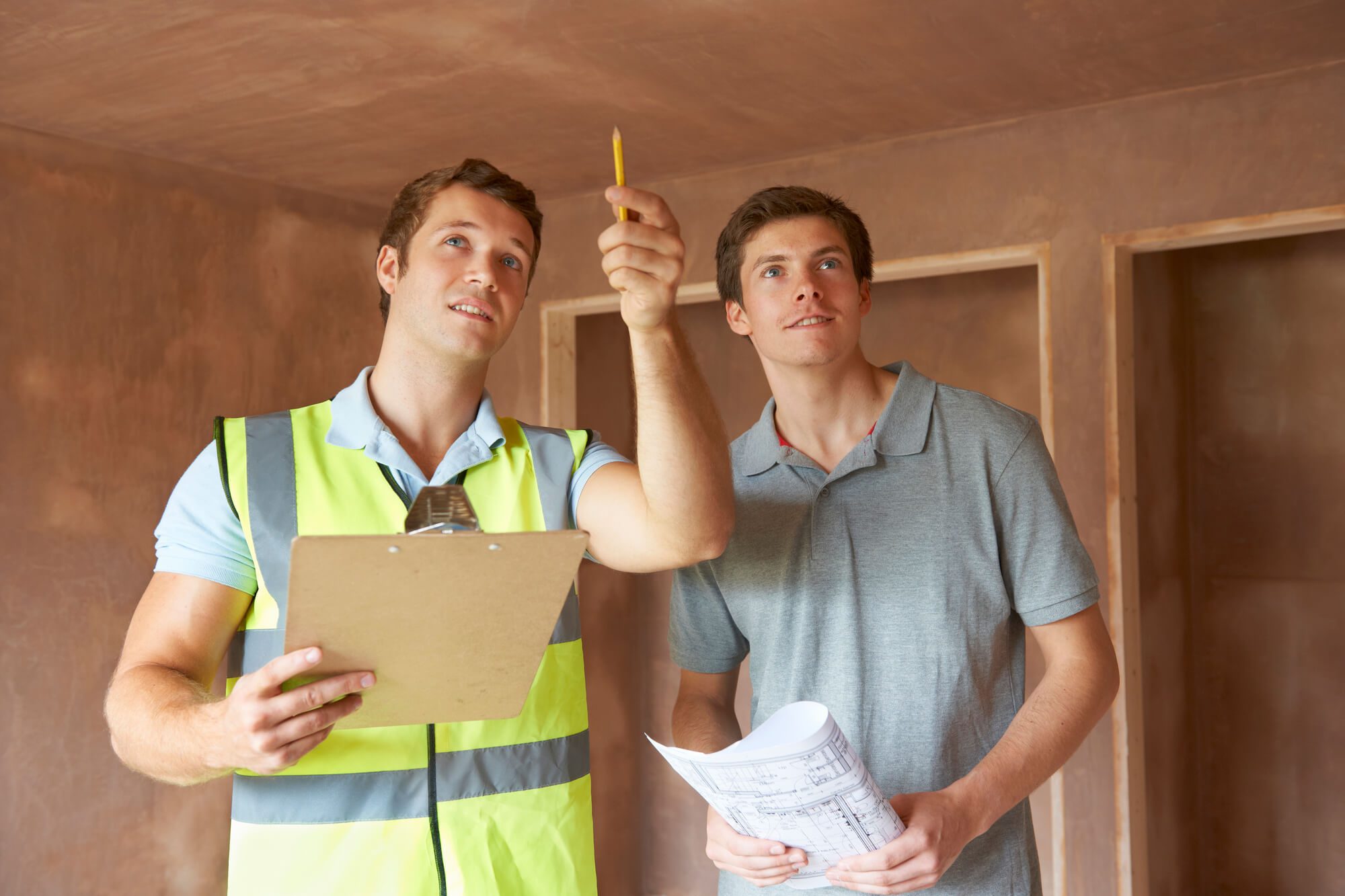Here are some essential factors to consider when choosing the right home inspector:
Qualifications and Certifications:
When evaluating the qualifications and certifications of a home inspector, it is essential to verify that they have obtained their license from the appropriate regulatory body in your state or country. Licensing requirements can vary by location, so it’s crucial to ensure the inspector meets the specific standards set forth by local authorities. In addition to being licensed, you should also look for certifications from reputable organizations in the field of home inspection. The American Society of Home Inspectors (ASHI) and the International Association of Certified Home Inspectors (InterNACHI) are two widely recognized and respected professional associations.

The American Society of Home Inspectors (ASHI)
Membership in these organizations often indicates that the inspector has met rigorous education, experience, and ethical standards. ASHI, for example, requires its members to pass a comprehensive examination, adhere to a strict code of ethics, and participate in continuing education to maintain their membership. InterNACHI offers its members ongoing training, access to resources, and a network of experienced professionals, promoting a higher level of expertise and professionalism within the industry.
You Can Have Greater Confidence in Choosing The Right Home Inspector
Stay Updated With The Latest Industry Trends, Best Practices
Inspectors affiliated with these reputable organizations are more likely to stay updated with the latest industry trends, best practices, and regulations. Their commitment to ongoing education and professional development demonstrates their dedication to providing high-quality inspection services to their clients. When you hire a licensed and certified home inspector with affiliations to reputable organizations like ASHI or InterNACHI, you can have greater confidence in the inspector’s expertise and credibility, knowing that they have met stringent criteria in their field of work. This contributes to a thorough and reliable evaluation of the property you are considering for purchase.
Specialized Equipment:
In addition to checking for infrared cameras, it’s beneficial to inquire whether the home inspector employs other specialized equipment to enhance the inspection process. One such technology is using drones for inspecting rooftops and difficult-to-reach areas. Drones equipped with high-resolution cameras can provide a comprehensive view of the property’s roof, chimney, gutters, and other inaccessible areas from various angles. This aerial perspective allows the inspector to identify potential issues such as roof damage, missing shingles, or deteriorating structures that might not be easily visible from the ground.
Thermal Imaging Cameras Are Another Valuable Tool in a Home Inspector’s Arsenal
Using drones can save time and improve the accuracy of the inspection, ensuring a more thorough evaluation of the property’s exterior.
Furthermore, thermal imaging cameras are another valuable tool in a home inspector’s arsenal. These cameras detect temperature variations, helping identify potential moisture issues, electrical hotspots, and insulation deficiencies. By revealing hidden problems not visible to the naked eye, thermal imaging can offer valuable insights into the property’s overall condition and energy efficiency.

A Qualified Home Inspector Will Leverage Advanced Equipment Like Drones
Other specialized tools that the right home inspector may use include moisture meters to assess the presence of excess moisture, carbon monoxide detectors to check for gas leaks, and electrical testers to evaluate the safety of electrical systems. These instruments, in conjunction with the inspector’s expertise, contribute to a more comprehensive and accurate property evaluation. When choosing the right home inspector, inquire about the range of specialized equipment they use during inspections. A qualified inspector who leverages advanced technologies like drones and thermal imaging demonstrates a commitment to providing a thorough and high-quality inspection, giving you greater confidence in assessing the property’s condition.
Professional Demeanor:
A professional demeanor goes beyond just being courteous and friendly; it also encompasses effective communication and a genuine willingness to assist clients throughout the inspection process. When choosing the right home inspector, look for someone who communicates clearly and listens attentively to your concerns and questions. A professional home inspector should be patient and understanding, especially if you are a first-time homebuyer or unfamiliar with the inspection process. They should be able to explain complex issues easily without resorting to technical jargon that may confuse or overwhelm you.
Providing An Accurate Evaluation Of The Property is Your Home Inspectors Number One Concern
An approachable inspector encourages open communication and fosters a comfortable environment for you to raise any doubts or seek further clarification during the inspection. They should be receptive to your inquiries and provide prompt and well-informed responses. Moreover, a professional home inspector should be impartial and objective in their assessment, avoiding any conflicts of interest that might compromise the inspection’s integrity. Their primary concern should be providing an accurate evaluation of the property’s condition rather than being influenced by external factors.
Empowering You to Make Informed Decisions During The Process
During the inspection, a courteous and respectful demeanor towards the property’s current occupants, if applicable, is also essential. This demonstrates professionalism and consideration for others involved in the inspection process. Ultimately, a positive inspection experience, fostered by a professional demeanor, can significantly impact your understanding of the property’s condition and your overall satisfaction with the inspection service. By choosing an inspector who embodies these qualities, you can be assured of receiving comprehensive and reliable information about the property, empowering you to make informed decisions during the homebuying process.
Time Frame:
The timeframe for a home inspection can vary based on various factors. Larger properties or those with complex systems may require more time for a comprehensive evaluation. Additionally, the property’s overall condition and the presence of potential issues can also influence the inspection duration. Some inspectors may even allocate extra time for detailed discussions with clients, addressing questions, and providing insights about the property’s maintenance and future care.
Take Your Time With The Inspection Process
It is essential to understand that while a thorough inspection might take several hours, this investment of time can be invaluable in uncovering potential problems that could save you from costly repairs or unexpected issues after purchasing the property. Therefore, it is advisable to take your time with the inspection process and to allow the inspector adequate time to perform a meticulous assessment of the property’s various components and systems.
The Scope of The Inspection:
In addition to the primary areas mentioned, a comprehensive home inspection should also include an assessment of the property’s exterior, including siding, windows, doors, and the condition of the landscaping. In addition, interior components such as walls, ceilings, floors, and the overall structural integrity of the house should be thoroughly examined as well. The inspector should check for signs of water damage, mold, and the presence of any hazardous materials like asbestos or lead-based paint. They should also check for adequate ventilation, proper drainage, and the functionality of appliances may also be evaluated during the inspection.
They consider Older Properties With Historical Significance
Some inspectors may offer specialized services like earthquake risk assessments or flood risk evaluations depending on the property’s location and potential risks. Additionally, specific inspections for pools, septic systems, or wells may be necessary for properties with these features. Inspectors might conduct assessments for older properties or those with historical significance to identify any preservation concerns or potential restoration needs.
A reputable home inspector will provide you with a clear outline of the areas they intend to cover during the inspection. By ensuring that the scope of the inspection is comprehensive and aligns with your specific concerns, you can gain a comprehensive understanding of the property’s overall condition and make a well-informed decision before finalizing the purchase.
Choosing The Right Home Inspector is an Essential Step in The Homebuying Process.
By taking into account factors such as qualifications, certifications, experience, and specialized equipment, you can ensure that the inspector possesses the necessary skills and knowledge to provide a thorough and accurate assessment of the property. A professional demeanor and effective communication further enhance the inspection experience, as it allows you to understand the findings and ask any questions that may arise during the process. The scope of the inspection should cover all critical areas of the property, and additional services like pest inspections or radon testing can provide valuable insights into potential hidden issues.
Have The Peace of Mind Knowing That You Have Thoroughly Assessed Its Condition
Remember that the inspection cost should not be the sole consideration, as a quality inspection can save you from unexpected expenses and future headaches. By investing in a competent and trustworthy home inspector, you gain confidence in your decision to purchase the property and peace of mind knowing that you have thoroughly assessed its condition. In conclusion, a well-chosen home inspector can be your ally in making a sound investment, providing you with the knowledge and understanding you need to navigate the homebuying process confidently. Take the time to research and select an inspector who meets the criteria outlined, and you’ll be on your way to ensuring that your dream home is a safe, sound, and rewarding investment for years to come
Qualifications and Certifications:
When evaluating the qualifications and certifications of a home inspector, it is essential to verify that they have obtained their license from the appropriate regulatory body in your state or country. Licensing requirements can vary by location, so it’s crucial to ensure the inspector meets the specific standards set forth by local authorities. In addition to being licensed, you should also look for certifications from reputable organizations in the field of home inspection. The American Society of Home Inspectors (ASHI) and the International Association of Certified Home Inspectors (InterNACHI) are two widely recognized and respected professional associations.
The American Society of Home Inspectors (ASHI)
Membership in these organizations often indicates that the inspector has met rigorous education, experience, and ethical standards. ASHI, for example, requires its members to pass a comprehensive examination, adhere to a strict code of ethics, and participate in continuing education to maintain their membership. InterNACHI offers its members ongoing training, access to resources, and a network of experienced professionals, promoting a higher level of expertise and professionalism within the industry.
You Can Have Greater Confidence in Choosing The Right Home Inspector
Inspectors affiliated with these reputable organizations are more likely to stay updated with the latest industry trends, best practices, and regulations. Their commitment to ongoing education and professional development demonstrates their dedication to providing high-quality inspection services to their clients. When you hire a licensed and certified home inspector with affiliations to reputable organizations like ASHI or InterNACHI, you can have greater confidence in the inspector’s expertise and credibility, knowing that they have met stringent criteria in their field of work. This contributes to a thorough and reliable evaluation of the property you are considering for purchase.
Specialized Equipment:
In addition to checking for infrared cameras, it’s beneficial to inquire whether the home inspector employs other specialized equipment to enhance the inspection process. One such technology is using drones for inspecting rooftops and difficult-to-reach areas. Drones equipped with high-resolution cameras can provide a comprehensive view of the property’s roof, chimney, gutters, and other inaccessible areas from various angles. This aerial perspective allows the inspector to identify potential issues such as roof damage, missing shingles, or deteriorating structures that might not be easily visible from the ground.
Thermal Imaging Cameras Are Another Valuable Tool in a Home Inspector’s Arsenal
Using drones can save time and improve the accuracy of the inspection, ensuring a more thorough evaluation of the property’s exterior.
Furthermore, thermal imaging cameras are another valuable tool in a home inspector’s arsenal. These cameras detect temperature variations, helping identify potential moisture issues, electrical hotspots, and insulation deficiencies. By revealing hidden problems not visible to the naked eye, thermal imaging can offer valuable insights into the property’s overall condition and energy efficiency.
A Qualified Home Inspector Will Leverage Advanced Equipment Like Drones
Other specialized tools that the right home inspector may use include moisture meters to assess the presence of excess moisture, carbon monoxide detectors to check for gas leaks, and electrical testers to evaluate the safety of electrical systems. These instruments, in conjunction with the inspector’s expertise, contribute to a more comprehensive and accurate property evaluation. When choosing the right home inspector, inquire about the range of specialized equipment they use during inspections. A qualified inspector who leverages advanced technologies like drones and thermal imaging demonstrates a commitment to providing a thorough and high-quality inspection, giving you greater confidence in assessing the property’s condition.
Professional Demeanor:
A professional demeanor goes beyond just being courteous and friendly; it also encompasses effective communication and a genuine willingness to assist clients throughout the inspection process. When choosing the right home inspector, look for someone who communicates clearly and listens attentively to your concerns and questions. A professional home inspector should be patient and understanding, especially if you are a first-time homebuyer or unfamiliar with the inspection process. They should be able to explain complex issues easily without resorting to technical jargon that may confuse or overwhelm you.
Providing An Accurate Evaluation Of The Property is Your Home Inspectors Number One Concern
An approachable inspector encourages open communication and fosters a comfortable environment for you to raise any doubts or seek further clarification during the inspection. They should be receptive to your inquiries and provide prompt and well-informed responses. Moreover, a professional home inspector should be impartial and objective in their assessment, avoiding any conflicts of interest that might compromise the inspection’s integrity. Their primary concern should be providing an accurate evaluation of the property’s condition rather than being influenced by external factors.
Empowering You to Make Informed Decisions During The Process
During the inspection, a courteous and respectful demeanor towards the property’s current occupants, if applicable, is also essential. This demonstrates professionalism and consideration for others involved in the inspection process. Ultimately, a positive inspection experience, fostered by a professional demeanor, can significantly impact your understanding of the property’s condition and your overall satisfaction with the inspection service. By choosing an inspector who embodies these qualities, you can be assured of receiving comprehensive and reliable information about the property, empowering you to make informed decisions during the homebuying process.
Time Frame:
The timeframe for a home inspection can vary based on various factors. Larger properties or those with complex systems may require more time for a comprehensive evaluation. Additionally, the property’s overall condition and the presence of potential issues can also influence the inspection duration. Some inspectors may even allocate extra time for detailed discussions with clients, addressing questions, and providing insights about the property’s maintenance and future care.
Take Your Time With The Inspection Process
It is essential to understand that while a thorough inspection might take several hours, this investment of time can be invaluable in uncovering potential problems that could save you from costly repairs or unexpected issues after purchasing the property. Therefore, it is advisable to take your time with the inspection process and to allow the inspector adequate time to perform a meticulous assessment of the property’s various components and systems.
The Scope of The Inspection:
In addition to the primary areas mentioned, a comprehensive home inspection should also include an assessment of the property’s exterior, including siding, windows, doors, and the condition of the landscaping. In addition, interior components such as walls, ceilings, floors, and the overall structural integrity of the house should be thoroughly examined as well. The inspector should check for signs of water damage, mold, and the presence of any hazardous materials like asbestos or lead-based paint. They should also check for adequate ventilation, proper drainage, and the functionality of appliances may also be evaluated during the inspection.
They Consider Older Properties With Historical Significance
Some inspectors may offer specialized services like earthquake risk assessments or flood risk evaluations depending on the property’s location and potential risks. Additionally, specific inspections for pools, septic systems, or wells may be necessary for properties with these features. Inspectors might conduct assessments for older properties or those with historical significance to identify any preservation concerns or potential restoration needs.
A reputable home inspector will provide you with a clear outline of the areas they intend to cover during the inspection. By ensuring that the scope of the inspection is comprehensive and aligns with your specific concerns, you can gain a comprehensive understanding of the property’s overall condition and make a well-informed decision before finalizing the purchase.
Choosing The Right Home Inspector is an Essential Step in The Homebuying Process.
By taking into account factors such as qualifications, certifications, experience, and specialized equipment, you can ensure that the inspector possesses the necessary skills and knowledge to provide a thorough and accurate assessment of the property. A professional demeanor and effective communication further enhance the inspection experience, as it allows you to understand the findings and ask any questions that may arise during the process. The scope of the inspection should cover all critical areas of the property, and additional services like pest inspections or radon testing can provide valuable insights into potential hidden issues.
Have The Peace of Mind Knowing That You Have Thoroughly Assessed Its Condition
Remember that the inspection cost should not be the sole consideration, as a quality inspection can save you from unexpected expenses and future headaches. By investing in a competent and trustworthy home inspector, you gain confidence in your decision to purchase the property and peace of mind knowing that you have thoroughly assessed its condition. In conclusion, a well-chosen home inspector can be your ally in making a sound investment, providing you with the knowledge and understanding you need to navigate the homebuying process confidently. Take the time to research and select an inspector who meets the criteria outlined, and you’ll be on your way to ensuring that your dream home is a safe, sound, and rewarding investment for years to come.


















